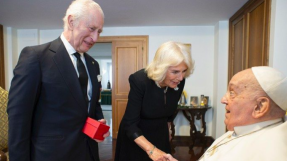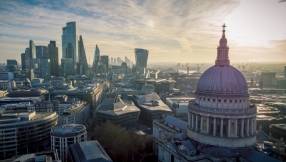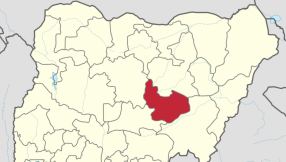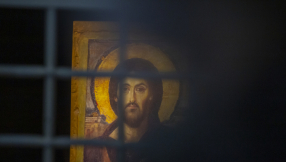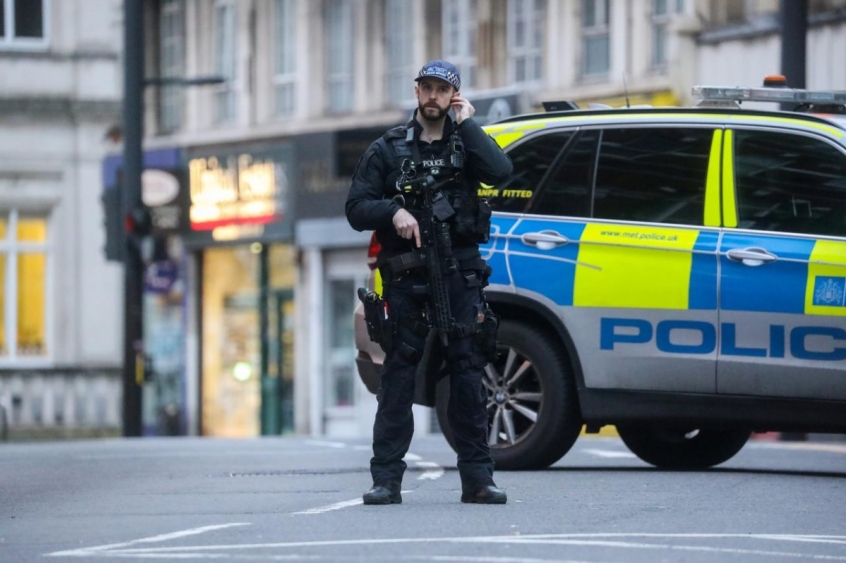
The former Bishop of Rochester, Michael Nazir-Ali, has defended the use of the term 'Islamist terrorism' following reports that it may be dropped by the police.
The term is used to describe terrorist attacks in which the perpetrators claim to have been inspired by Islam. These include the 2005 London bombings and the 2017 Westminster and London Bridge attacks.
In an online conference last month, the Assistant Commissioner Neil Basu, the national head of counterterrorism policing, criticised the use of 'Islamist terrorism' and 'jihadis', with The Times reporting that the police are looking into alternatives like 'faith-claimed terrorism' and 'terrorists abusing religious motivations'.
In a letter to The Telegraph, the Turkish Ambassador to Britain, Ümit Yalçın, said the current terminology was racist, and that the call for a revision of language was a "democratic, mature and positive development".
"As a matter of fact, when the perpetrators of terror attacks are of Christian or any other faith, they are defined as merely 'terrorists' and in some cases as 'gunmen'," he said.
"However, when the perpetrator is of Islamic faith, they are, without any hesitation, their identity is deliberately pointed out by the term 'Islamist terrorism'. This is sheer racism and offends almost two billion Muslims worldwide."
The Ambassador's assertions have been challenged by Nazir-Ali in his own letter to the paper, in which he argues that 'Islamist terrorism' accurately describes the motivation for some terrorists.
"Ümit Yalçın, the Ambassador of the Republic of Turkey, asks why Islamist terrorists are identified in this way," Nazir-Ali wrote.
"The reason is that Islamism is the ideology that motivates their actions. This ideology, which has its own word in Arabic, is a particular interpretation of Islam with which many Muslims may not agree.
"We can even acknowledge that not all Islamists are terrorists, just as we might say that the existence of Marxist terrorists does not mean all Marxists are terrorists, any more than the existence of Hindu nationalist terrorists means all Hindu nationalists are terrorists.
"I am not aware of any terrorism inspired by Christianity, but if there were such terrorism, we would have to find a name for it. If the public are to be well informed, we need to find ways of describing the motivation that leads people to commit extreme acts."
Dr Fitzroy Morrissey, Examination Fellow at All Souls College, Oxford, wrote in a separate letter to the paper that 'Islamist' is a useful term because it distinguishes ordinary Muslims from those who "turn Islam into a political ideology, comparable (and, they believe, superior) to communism, fascism or liberal democracy".
"Understanding Islamist violence requires an appreciation of this essential ideological component, hence we should continue to use the term 'Islamist'," he said.










